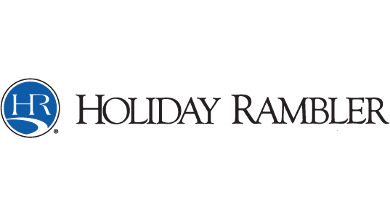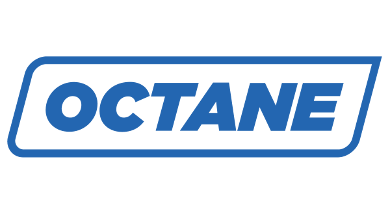IOI’s Alleged Fraud Could Exceed $90M

Financial scandals in the payroll processing industry in recent years have followed a similar thread.
This story by Caleb Bauer originally appeared in the South Bend Tribune.
Clients find out money that was supposed to be set aside for taxes has gone missing, and unpaid to the Internal Revenue Service and state agencies. An executive at the payroll firm is accused of stealing the money. Questions swirl about where the money went as companies scramble to settle their tax debts.
The current scandal at Elkhart-based Interlogic Outsourcing, Inc., has followed the same pattern, though at a larger scale: the alleged fraud could exceed $90 million.
And the case has put a new spotlight about how and why an industry that handles so much client cash is largely unregulated.
The owner of IOI, Najeeb Khan, hasn’t been charged but his wife said in a recent legal filing that she expects him to be indicted “imminently.” He has been accused of a fraud that has left clients nationwide with missing tax withholding money — some fearing that hundreds of thousands of their dollars are missing.
Previous cases of fraud in the payroll industry have shared many of the details now emerging in the IOI scandal.
Last year, a payroll processing company owner in Pennsylvania was sentenced to 15 to 30 months in state prison after pleading guilty to stealing $6 million from more than 250 clients. The owner, William Sullivan, made false entries into tax-tracking software and then manually reversed them to make it look like the money had been sent to taxing authorities.
“This is one of the cruelest things about this type of fraud,” said William Dunn, director of government relations for the American Payroll Association. “If a company outsources tax payments to a third party, and the third party doesn’t make them, the IRS isn’t going to go back to the third party. They’re going to go to the employer and say you owe us this tax. That’s where companies really feel bitten twice.”
Still, Dunn says the instances of fraud are dwarfed by the volume of legitimate business conducted by payroll firms.
“Overall, this industry is incredibly safe and performs services for millions of businesses across the country,” Dunn said. “I don’t mean to minimize what the victims of fraud are going through, but largely it’s a self-regulating industry and it’s safe.”
That hasn’t stopped calls for stronger government regulations.
The IRS requires payroll firms to submit an application to pay taxes electronically and conducts credit and background checks on the firm’s executives. At the state level, regulations vary. In Indiana, payroll companies don’t need to be licensed, registered or bonded.



